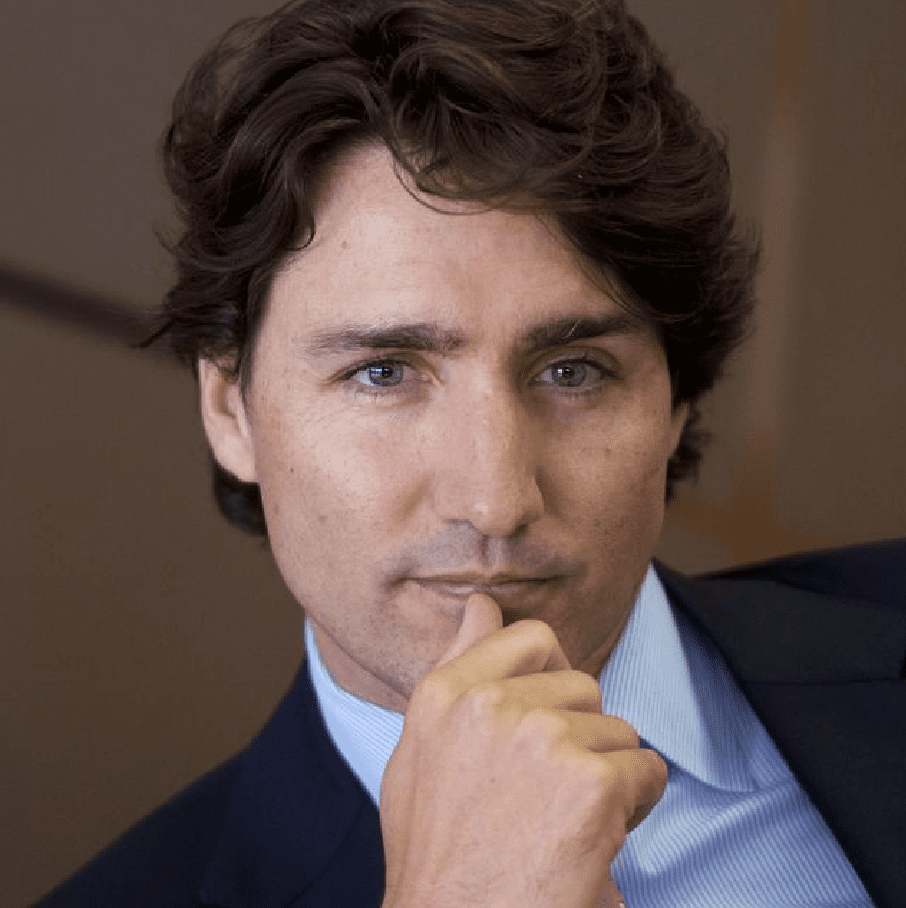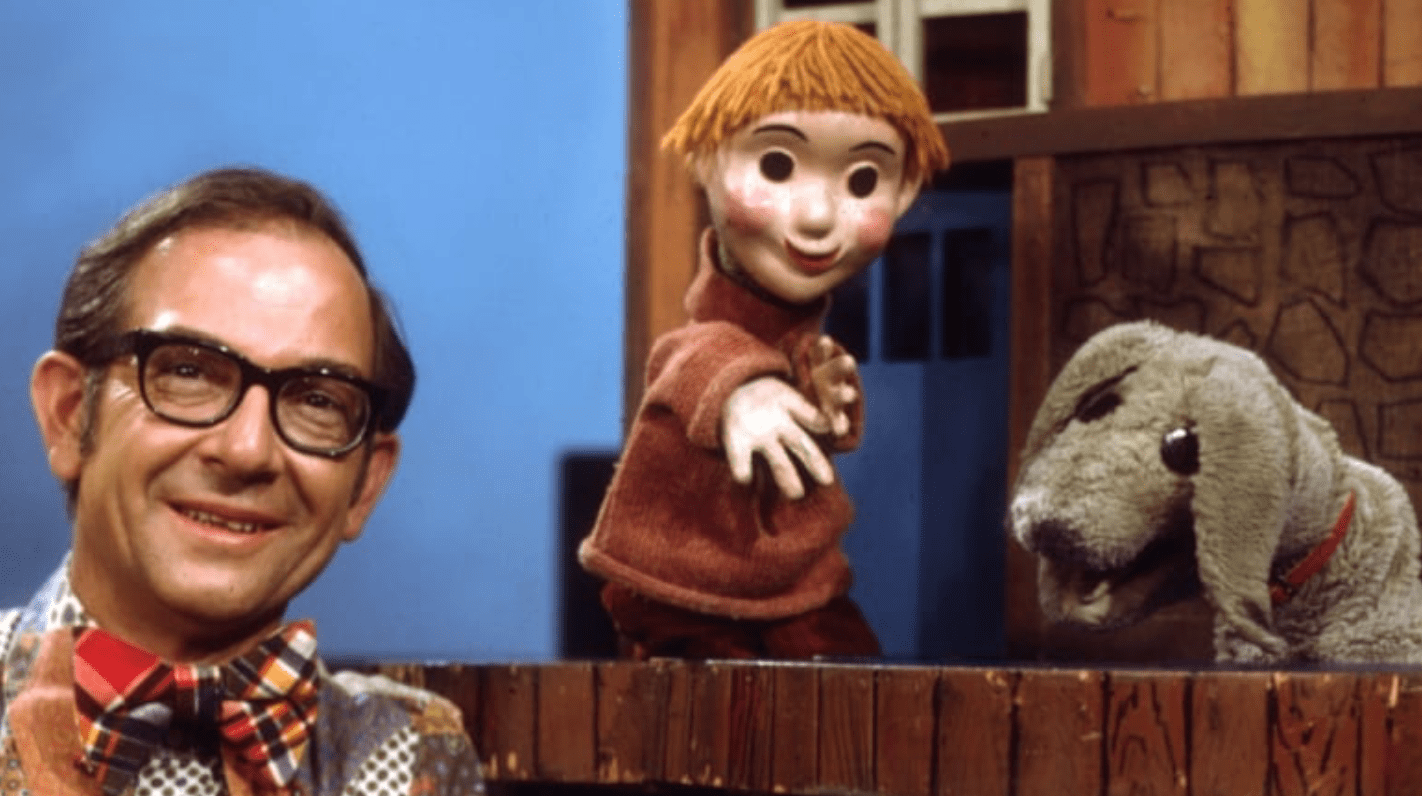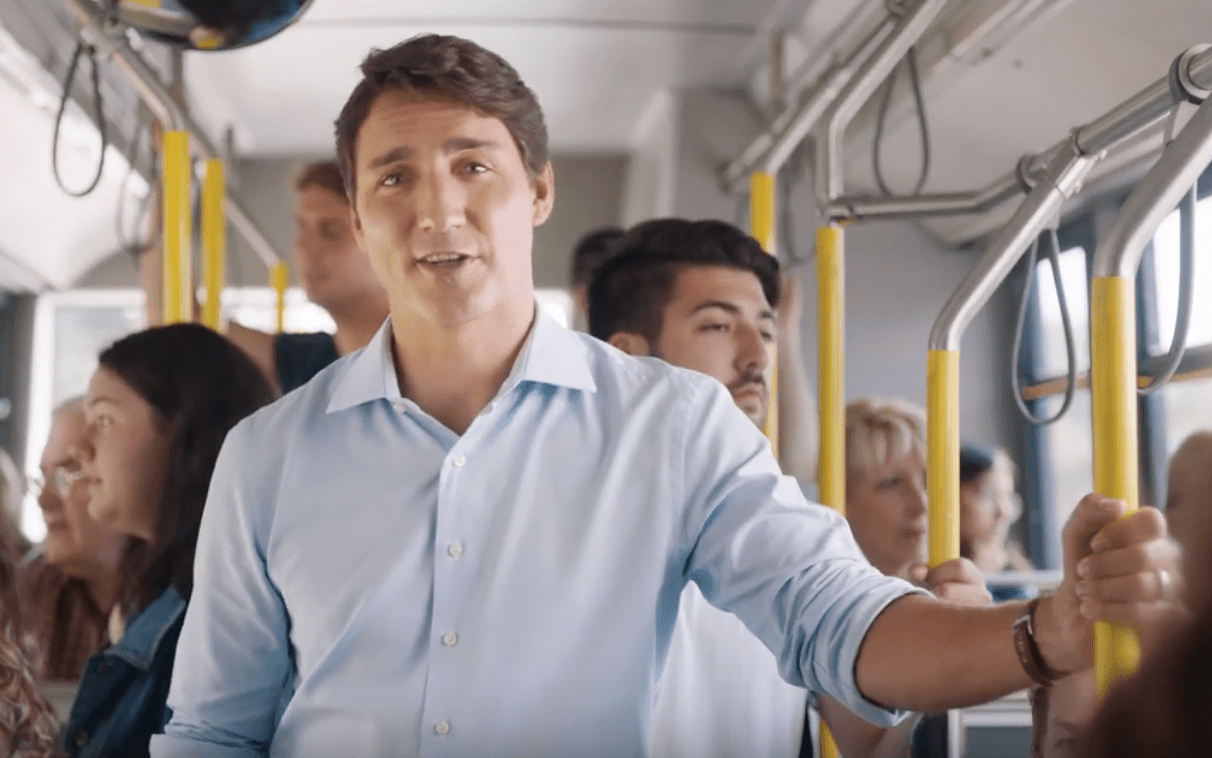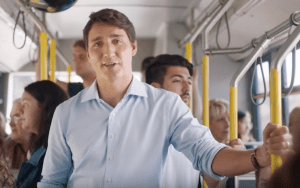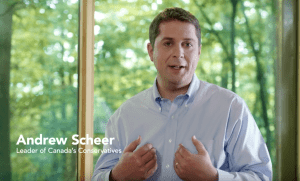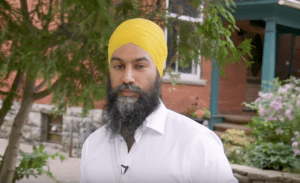As we inch ever closer to the writs being drawn up for the 43rd general election, I find myself wondering if this election is going to be fought over any actual Canadian issues, or if once again, it will play out with a bunch of staffers in the party backrooms trying to LARP (live-action role playing) the West Wing or quite possibly Veep, given the level of competence that each of the campaigns has been demonstrating to date. Given the weeks-long drama that has just played out over comments made by Andrew Scheer about his comments about same-sex marriage and the debate about whether the party would allow any abortion-related legislation has shown that the appeal of importing the American culture war is evident in the campaign backrooms, as the staffers who decided this would be the perfect trap for Scheer seem to be getting high by huffing the fumes of whatever political effluent is coming from south of the border. It leaves one to wonder whether there is anything Canadian to fight about?
The fact that Canadian political operatives are enamoured with American politics should not be any surprise given just how inundated our popular culture is with Americana, and how much American news drowns out our own. Many of our understandings about how politics works are coloured through American lenses, whether it's false constructions about how things like campaign financing works, the nature of lobbying, or those racist emails and Facebook posts that go around that complain that soon there will be enough Muslims in Canada that they could elect one to become prime minister (never mind that it's both untrue and doesn't grasp our electoral system in the slightest, and simply replaced "America" with "Canada," and "president" with "prime minister").
The wistful longing about how "exciting" their politics are takes on a life of its own here, while political journalism here starts trading in pervasive Americanised terms, whether it's things like "checks and balances," or using wholly incorrect terms like "prime minister-elect." Political parties have long-since turned our leadership contests into quasi-presidential primaries, complete with the fact that the successful leadership candidates have behaved increasingly presidential in the ways that they have centralized power in their parties. Meanwhile, every party convention for the past several years has had some American campaigners come up to talk to Canadian parties even if they're not really equivalent about their successful campaign tactics, as though the ways in which our elections are run are at all analogous.
To an extent, every Canadian election becomes one about healthcare in one shape or another, and there is always a promise to uphold our system from privatization, without necessarily delving into the nuances of the problems with our system as it exists. Likewise, when it comes to gun control, we tend to use American terms without necessarily understanding the ways in which things like handguns are already restricted in Canada. In many ways, the current debate over pharmacare is piggybacking on the American rhetoric around "healthcare for all," particularly in how different parties are positioning themselves. This aside, there are plenty of other ways in which the Canadian parties are looking to fight this election on American memes and talking points.
For the Liberals, it's clear that off the start, they are trying to use the American culture war to their advantage, laying out a lot of markers around abortion and LGBT rights, while trying to paint Andrew Scheer as being a misogynist or homophobe, and Scheer's inability to manage this particular issue has made it all the more likely that the Liberals will keep it up. And for all of their professed love of data, they have previously built campaigns around American memes about middle-class stagnation and economic figures that were true for Americans, but not Canada. We'll see if they keep this up.
The Conservatives also seem to relish in importing the culture war memes and talking points, so much so that there have been "lock her up" chants in Canada among their base (particularly in Alberta and Ontario, where there were women premiers to be ousted). More recently, there has been a great deal of time and attention to the situation with irregular migration and the asylum seekers, where the Conservatives have been insistent upon using the rhetoric of "illegals" despite the fact that even though the action of irregularly crossing is illegal, the ability to make a refugee claim inland ensures that the notion of "illegal immigration" is not really a Thing in Canada. Nevertheless, they are hung ho to use the term. The kinds of climate denialism that pervade the Conservative ranks are also largely traded upon American talking points, and only sometimes do they bother to attach Canadian statistics to it.
And the NDP? Bereft of any actual policy ideas since "Good, competent public administration" failed to take off under Thomas Mulcair, they have increasingly grasped at anything that the Democrats in the US are doing and trying to make it work in Canada, whether it's things like the "fight for $15" minimum wage campaign (never mind that the $15/hour figure doesn't actually mean anything in Canadian terms), and anything that Alexandria Ocasio-Cortez tweets suddenly becomes NDP policy. The Democrats pushing for a "Green New Deal" has suddenly become NDP gospel, so much that Jagmeet Singh has branded his election platform a "New Deal for People," never mind that Canada never had a New Deal, and it's a wholly American term he's trying to claim.
Add to this, the fact that the parties are trying to make this election about "affordability" makes me wonder if this isn't also importing the American culture war of "economic anxiety," while trying to round off the nastier edges of racism that pervade the American progenitor. After all, if that's what was so exciting about the last American election, surely it could make our own election exciting too! This kind of thinking, and the kind of LARPing that it engenders, ensures that the unique challenges that Canada faces will be once again be ignored while the campaign is fought on American terms, in the hopes that it's "exciting."
Photo Credit: Marie Claire



